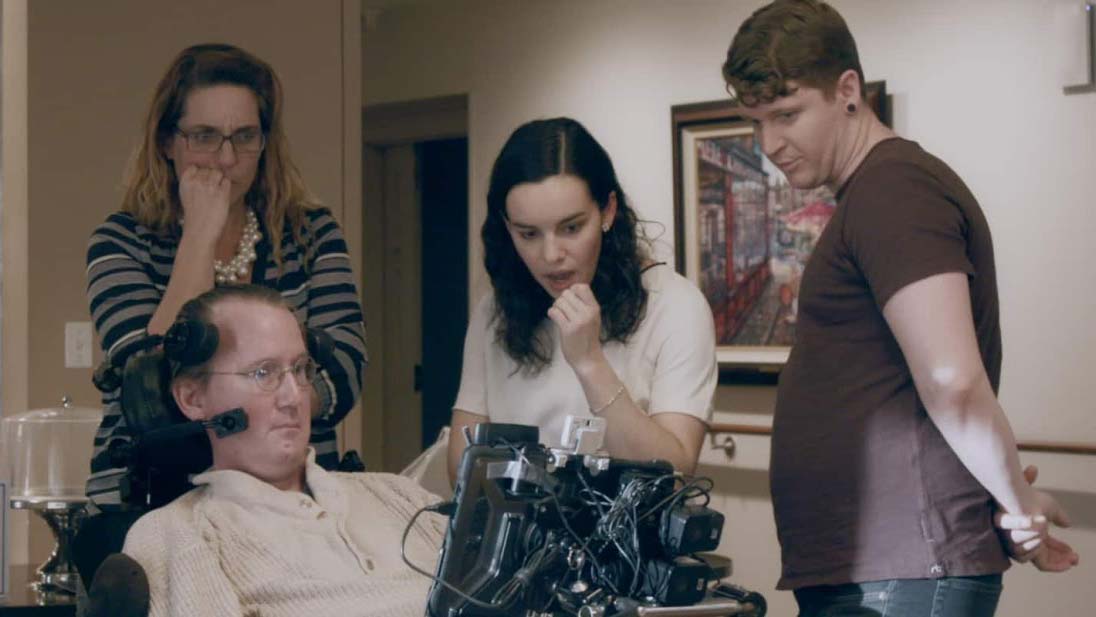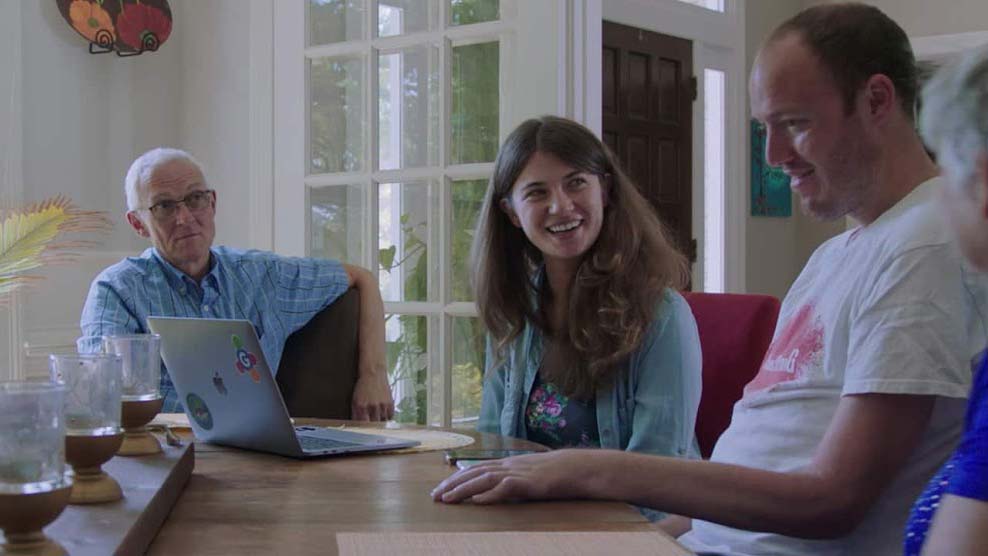Google's Project Euphonia: What it is and how it can help people with atypical speech
Google’s Project Euphonia gives voice to the voiceless

Most people associate the Americans with Disabilities Act with physical, infrastructural alterations that need to be made to buildings or other venues, but as the definition of disability is broadening, people are realizing that ‘accessible’ also applies to things like websites and voice recognition.
In this case, technology giant Google is making the effort to improve its voice recognition software with Project Euphonia. Project Euphonia is an initiative to record voice samples from volunteers and analyze them so people with ALS, neurological disorders, and other speech difficulties can utilize their smart devices with the ease of a ‘typical’ individual.
Why I volunteered
A paralyzed left vocal cord and asymmetric tongue due to a brain tumor has resulted in my speech ailment Dysarthria. My slurred speech and weak voice make it hard for friends and family to understand or hear me—particularly in a crowded space. This made me a prime candidate for Project Euphonia, so I volunteered as soon as I read about it. Recording samples on a rudimentary website, I reiterated 4,500 phrases from ‘How do I get to Mountain View, California?’ to ‘Play songs by Cardi B’.
Besides meeting Project Euphonia’s criteria, I volunteered because I was first introduced to the premier voice recognition program Dragon Naturally Speaking in 1997--and it failed spectacularly. Over the years, I have tried analogous programs at the Assistive Technology Lab at Boston’s Children’s Hospital as well as updated versions of Dragon, and although this software has made great strides, it still struggles to pinpoint my voice.
This is problematic for two reasons: I am a writer with a lack of fine motor skills, so I type with one hand, or slowly with two if I am tired. With three self-published books of poems, a memoir, and a collection of unpublished linked stories to my name, I shudder to think how much more I could have produced if typing wasn’t such a physically arduous task.
The other reason sub-par voice recognition creates a barrier for me is because of the proliferation of voice-enabled products in homes and on phones. Just using my story, if I could access computers and smart devices the way they were meant to be used, it would give me more free time, allow me to wholly accomplish tasks, and potentially transform the way I live.
Project Euphonia: How does it work?
So, how does Euphonia work? After downloading a prototype app with a personalized speech recognition model to my phone, I placed the phone next to my laptop, and dictated into it; as I did this, I watched everything I said appear in my Google Doc on my laptop. I did this for a few months, recording phrases from a novel I was writing, and corrected any inaccuracies for Google using the app.
Sign up to receive The Snapshot, a free special dispatch from Laptop Mag, in your inbox.
After several more months without recording phrases, I finished the first draft of a novel — 20,000 words — using the app. This is not to say it’s flawless; for every hour I write, I have to go back and spend an hour making minor corrections. But I don’t mind because Euphonia is in a beta stage and instead of sluggishly punching out 100 words per day, I’m generating 500 words per day.
Then there’s the fact that Euphonia wasn’t designed for word-processing — it's more for declarative commands — and my writing style is what they call a ‘pantser’ (fly by the seat of your pants), so I have a lot of pauses because I don’t know how a sentence is going to end — you know, like Michael Scott. When I know what I want to say, though, like in texts, emails, or giving instructions to my assistant, it’s by far the most precise speech recognition I’ve ever used.
When institutions like Google give a voice to the disabled in designing the future’s architecture, letting them remain themselves instead of trying to convert them into something ‘normal,’ it gives me hope that in the age of AI, humanism will prevail.
If you would like to visit the Project Euphonia website, or have a speech impairment and want to contribute a voice sample you can go to this link: https://sites.research.google/euphonia/about/

